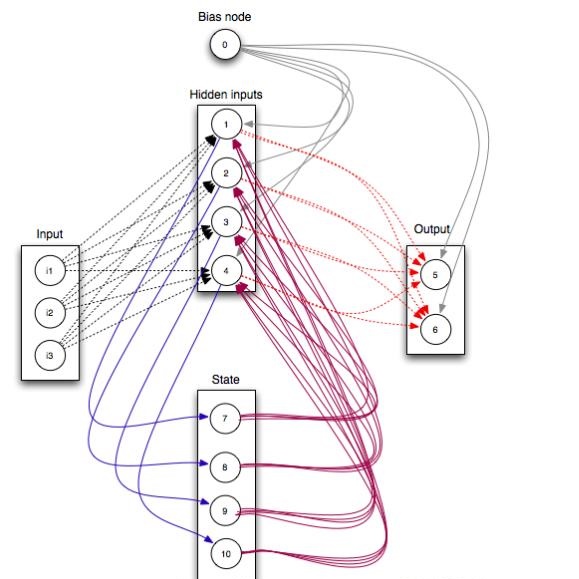Efficient sampling of complex data distributions can be achieved using trained invertible flows (IF), where the model distribution is generated by pushing a simple base distribution through multiple non-linear bijective transformations. However, the iterative nature of the transformations in IFs can limit the approximation to the target distribution. In this paper we seek to mitigate this by implementing RBM-Flow, an IF model whose base distribution is a Restricted Boltzmann Machine (RBM) with a continuous smoothing applied. We show that by using RBM-Flow we are able to improve the quality of samples generated, quantified by the Inception Scores (IS) and Frechet Inception Distance (FID), over baseline models with the same IF transformations, but with less expressive base distributions. Furthermore, we also obtain D-Flow, an IF model with uncorrelated discrete latent variables. We show that D-Flow achieves similar likelihoods and FID/IS scores to those of a typical IF with Gaussian base variables, but with the additional benefit that global features are meaningfully encoded as discrete labels in the latent space.
翻译:利用经过培训的可逆流(IF)可以实现对复杂数据分布的有效抽样,模型的分布是通过通过多种非线性双向转换推动简单的基数分布产生,然而,IFS的变换的迭代性质可以限制对目标分布的近似值。在本文中,我们寻求通过实施成果管理制-Flow来缓解这一点,FFI模型的基础分布是限制波尔茨曼机器(RBM),并持续平稳应用。我们表明,通过使用RBD-Flow,我们能够提高生成的样品的质量,这些样品由感知计和Frechet Inception距离(FID)进行量化,高于基准模型,同时采用相同的IFS变换,但基础分布不那么清晰。此外,我们还获得了D-Flow,即一个具有不相关离心潜在变量的IFIF模型。我们表明,D-FL的概率和FID/IS分数与带有高斯基变量的典型的IFIF模型相近似,但额外的好处是,全球特征被有意义地编码作为潜空的离心标签。
















